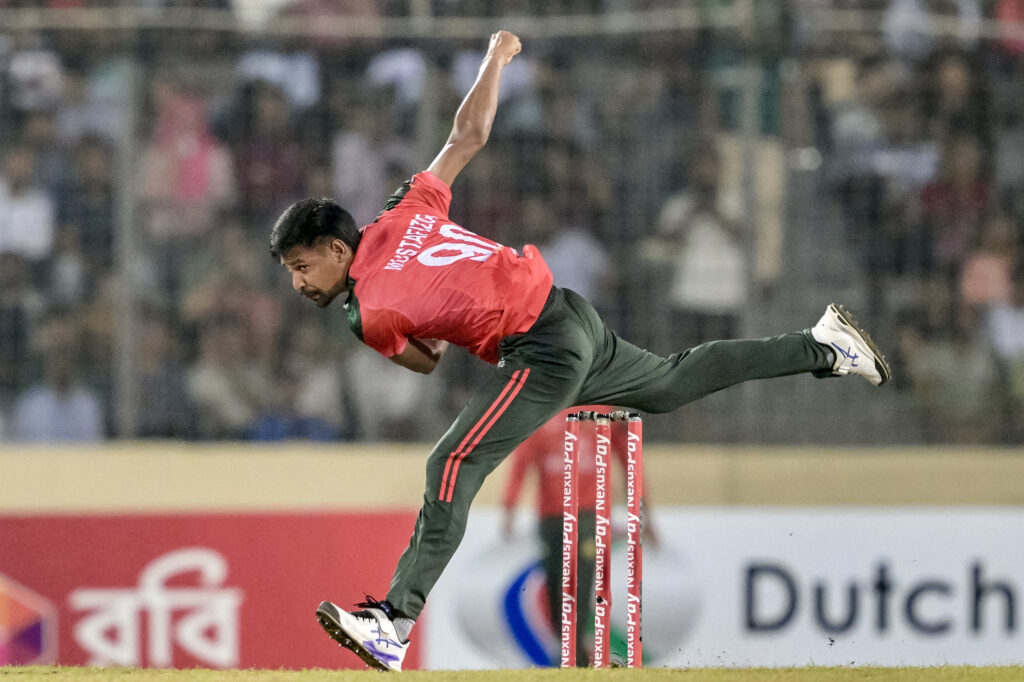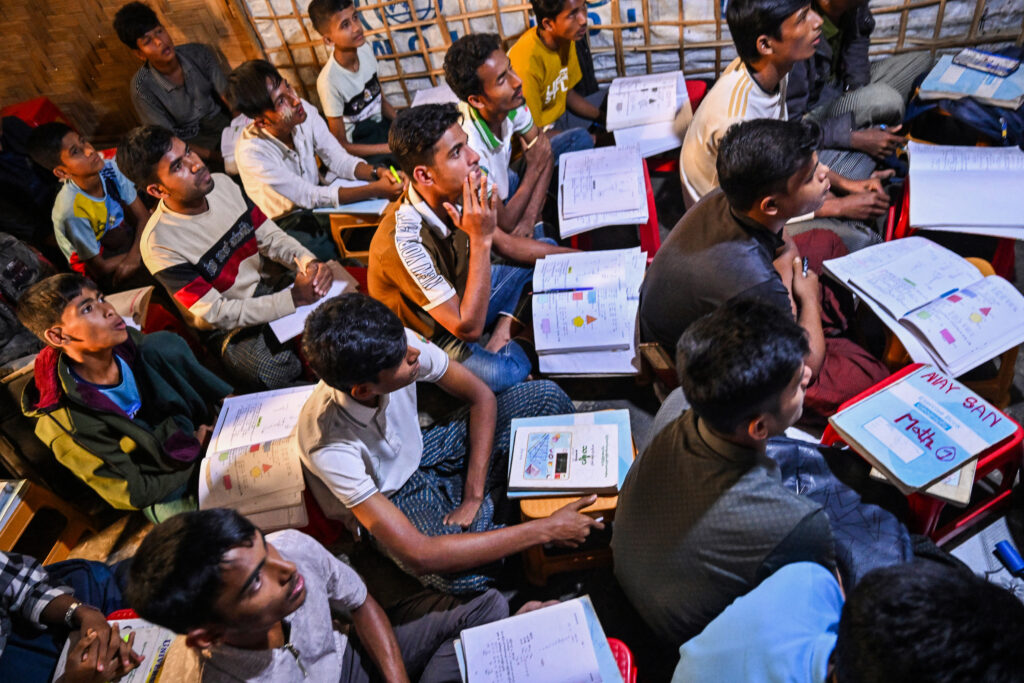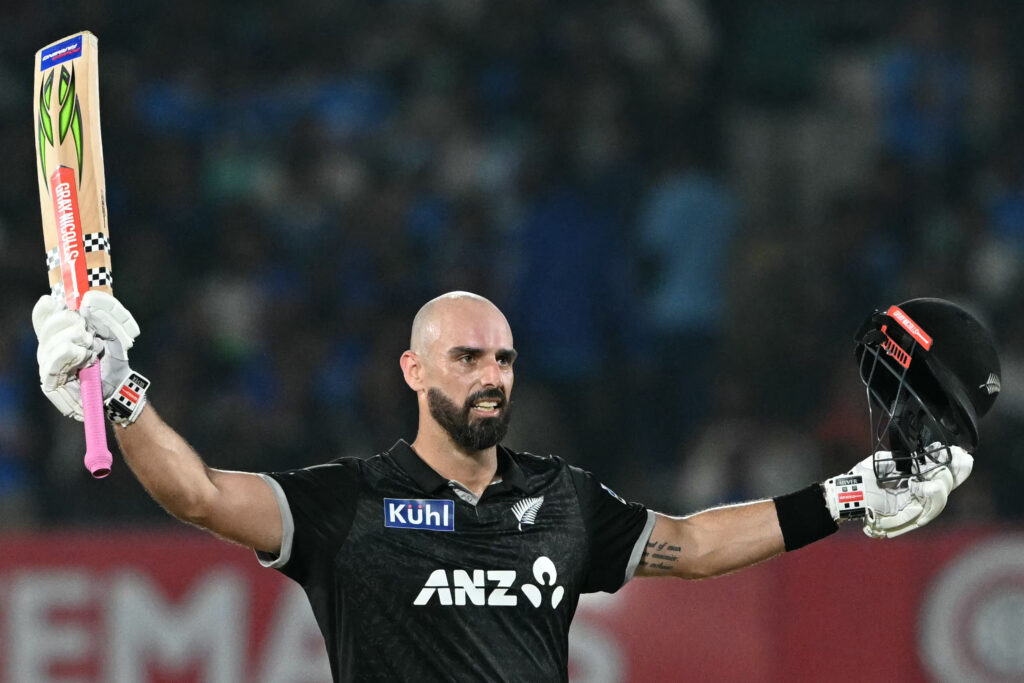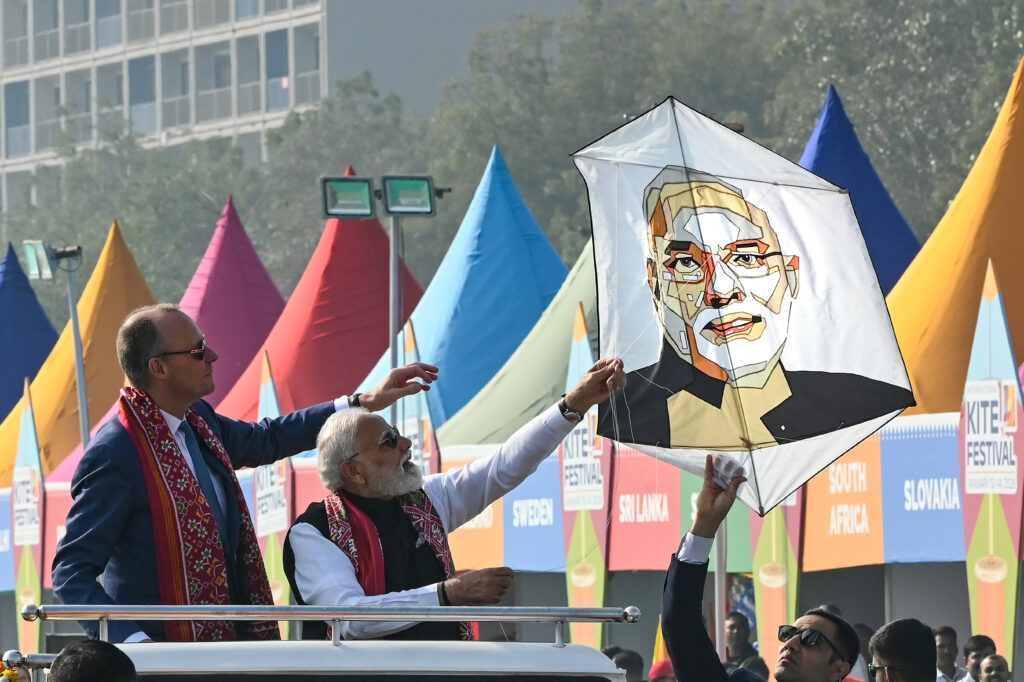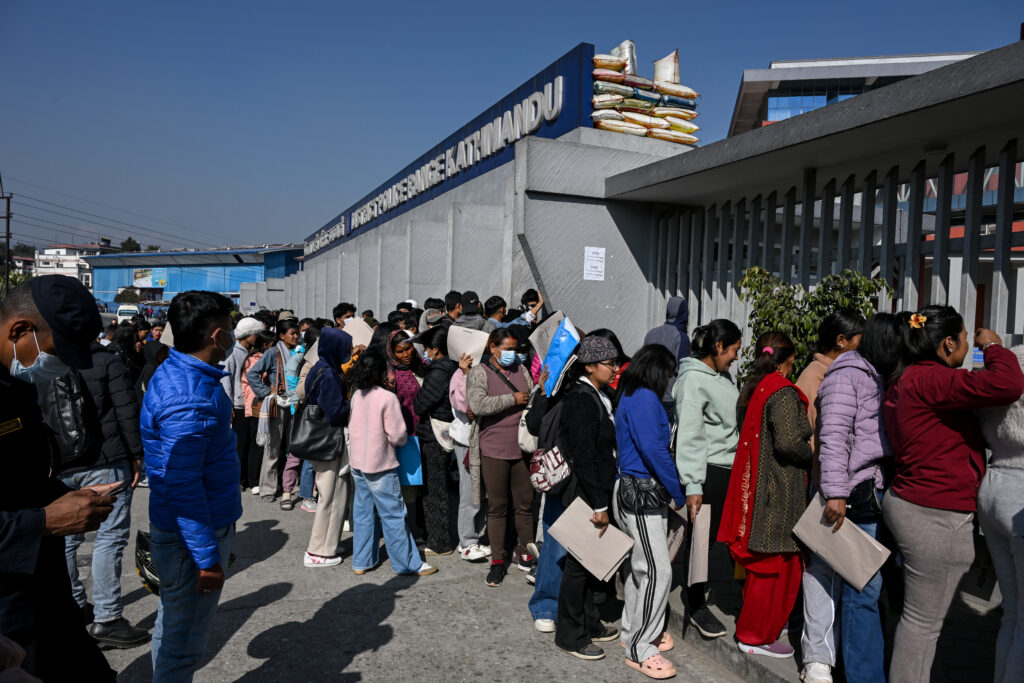Chinese dissident artist Ai Weiwei debuts in India
The first solo exhibition in India by Chinese dissident artist Ai Weiwei opened Thursday, featuring sculpture, installation and mixed media spanning his career, as well as his “homage” to the country.The son of a revered poet, 68-year-old Ai is perhaps China’s best-known modern artist.He helped design the famous “Bird’s Nest” stadium for the 2008 Beijing Olympics but fell out of favour after criticising the Chinese government and was imprisoned for 81 days in 2011. He eventually left for Germany four years later.His show at New Delhi’s Nature Morte gallery comes as India’s relations ease with neighbouring China, although the world’s two most populous nations remain strategic rivals in the region.”This is my first exhibition in India… although there are only a dozen of my artworks, it covers several key points that trace more than 20 years,” the artist, who did not attend the opening, said in a statement.Gallery co-director Aparajita Jain said the show aimed to broaden understanding and artistic exchange.”We’re simply a space for expression — a place for conversation where we can learn about art practices from around the world and share histories,” she told AFP.The exhibition includes Ai’s large-scale Lego compositions “Surfing” and “Water Lilies”, alongside works made from porcelain, stone and even buttons.The exhibition includes three pieces made “as a homage to India”, Jain added — toy-brick works based on historic Indian paintings.Visual arts student Disha Sharma, 20, travelled 90 kilometres (56 miles) from the city of Rohtak to see the opening.”It’s not art that you immediately understand,” said Sharma. “It makes you think.”Srishti Rana Menon, an artist based at Nature Morte, said that seeing the work in India was exciting.”I wonder how he has put every little Lego piece together,” she said, praising the “contemporary take” on traditional works.Jain said she hoped the exhibition would signal a broader shift in India’s engagement with global art, so that people will “no longer only seek India in the world” but also find “the world in India”.

